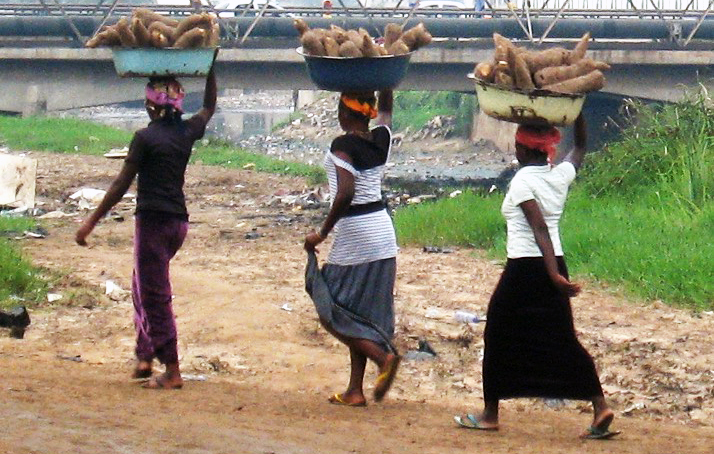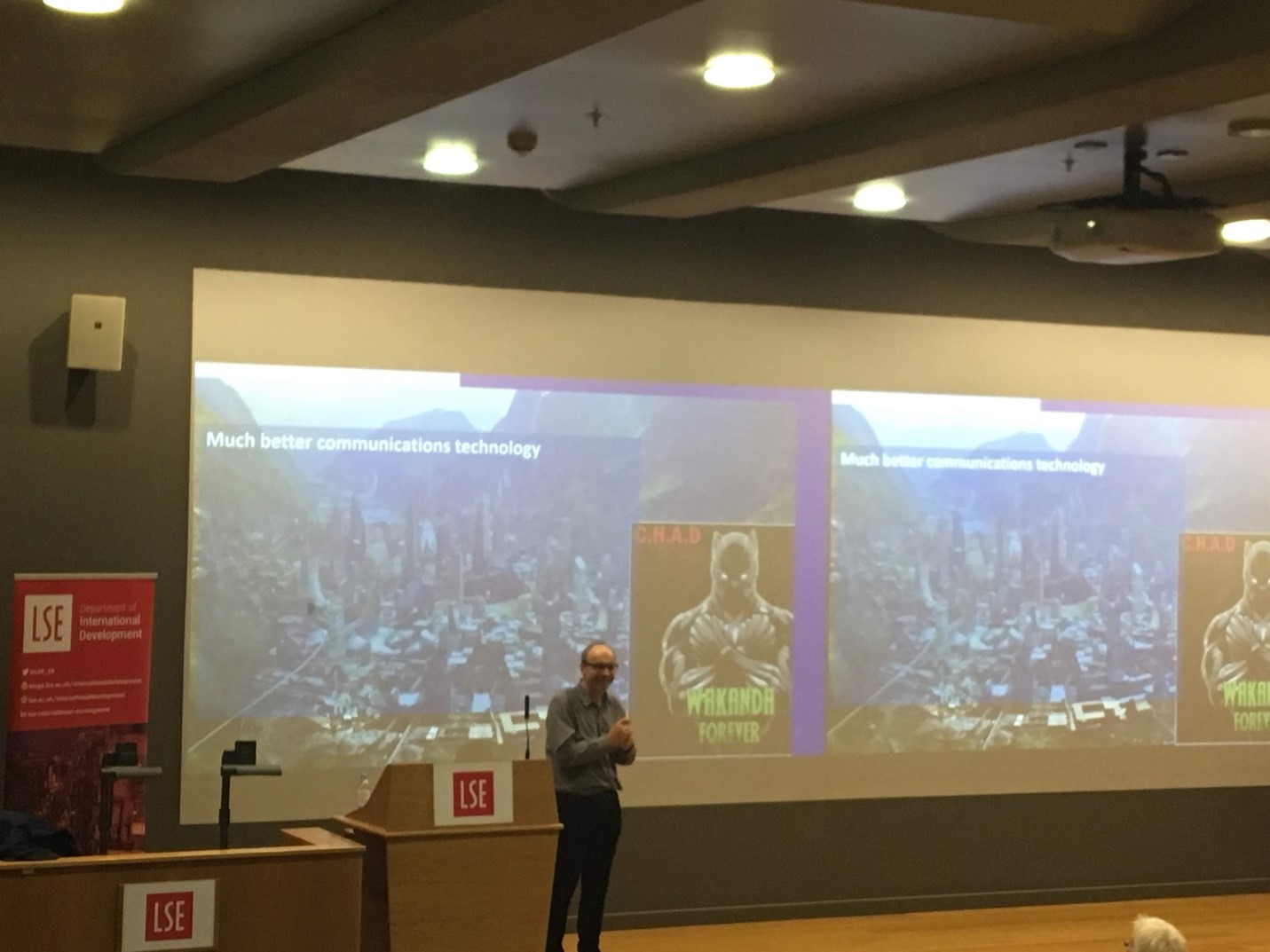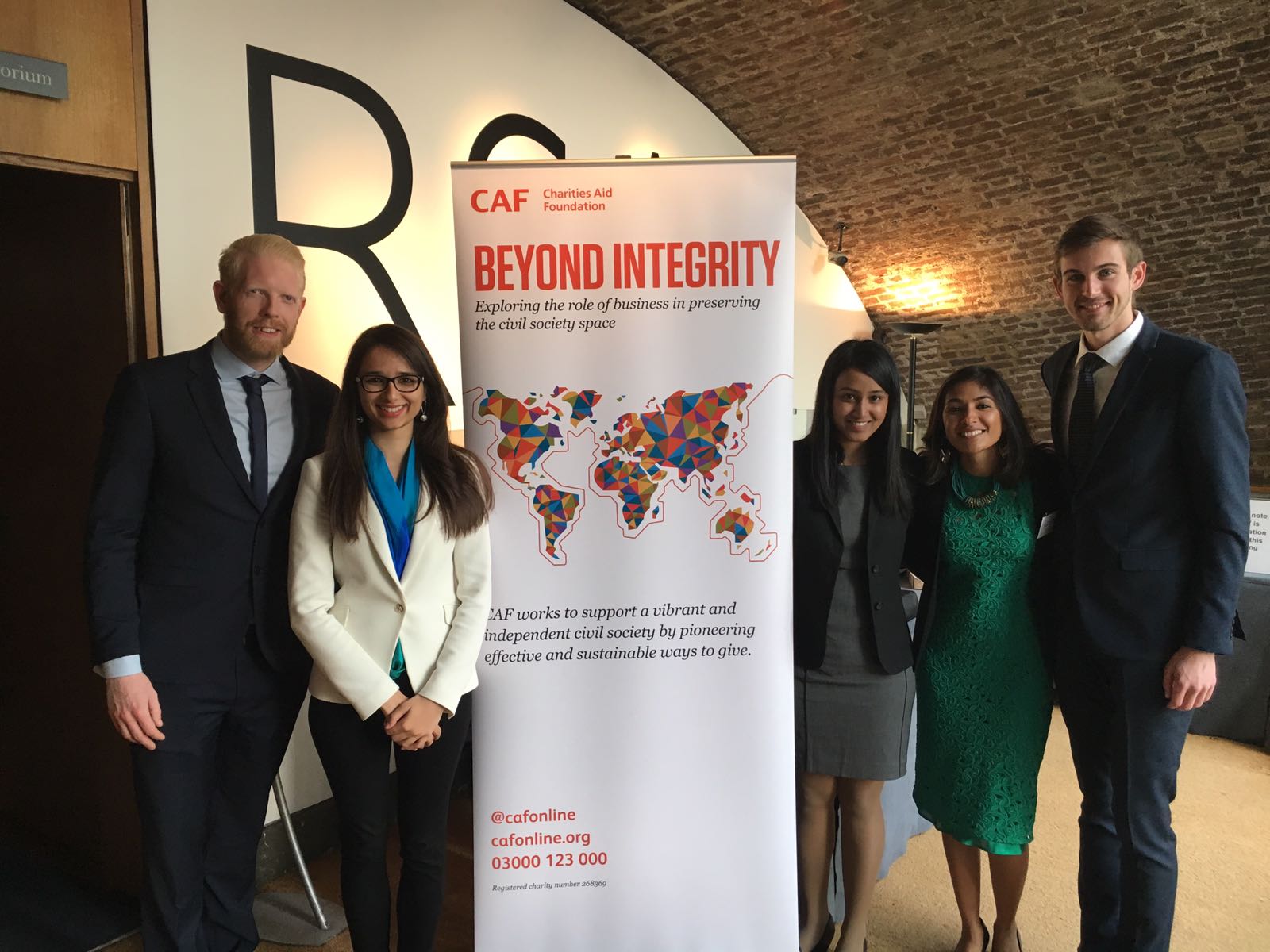A recent publication from Dr Stuart Gordon, Alice Robinson and Harry Goulding from the LSE, reveals the impact of bank de-risking on the humanitarian response to the Syrian crisis. The publication was written in collaboration with Rawaad Mahyub, Executive Director of the Humanitarian Forum, for the Humanitarian Policy Group.
The Syrian crisis is a complex environment for aid agencies wishing to move funds for humanitarian purposes into the country, or through neighbouring states supporting regional humanitarian efforts. The combination of counter-terrorist financing legislation and international sanctions have made it very difficult for humanitarian organisations to move and access funds. The largest Syrian banks are under sanctions by the United States, the European Union and other states, and the banking system in areas outside of government control has largely been destroyed.
Syria’s immediate neighbours (Turkey, Lebanon and Jordan) have challenging regulatory arrangements and financial systems; Turkey, for example, has closed down several NGOs and substantially increased the bureaucratic processes to which humanitarian organisations are subject.
Combined, these challenges have seriously affected the ability of humanitarian organisations to arrange straight-line, direct bank-to-bank transfers to Syria or neighbouring states via the global correspondent bank network. This has made it difficult for them to pay local staff and suppliers and run programmes, and has added significantly to their costs.
This research finds that bank de-risking has reduced the cash available to the NGO community at any one point in time by at least 35%, and that these funds remain unavailable for between three and five months longer than has historically been the case. The study analyses the significant challenges faced by humanitarian organisations moving money into Syria, and proposes changes to make the regulatory system work more effectively from both a humanitarian and counter-terrorism perspective.
Read: The impact of bank de-risking on the humanitarian response to the Syrian crisis
Dr Stuart Gordon is an Associate Professor in Humanitarian Emergencies; Alice Robinson is a doctoral student and Harry Goulding is an MSc student. All three of them are in the LSE’s Department of International Development. Rawaad Mahyub is the Executive Director of the Humanitarian Forum.
This article was originally written for ODI’s HPG Publication.
The views expressed in this post are those of the author and in no way reflect those of the International Development LSE blog or the London School of Economics and Political Science.





